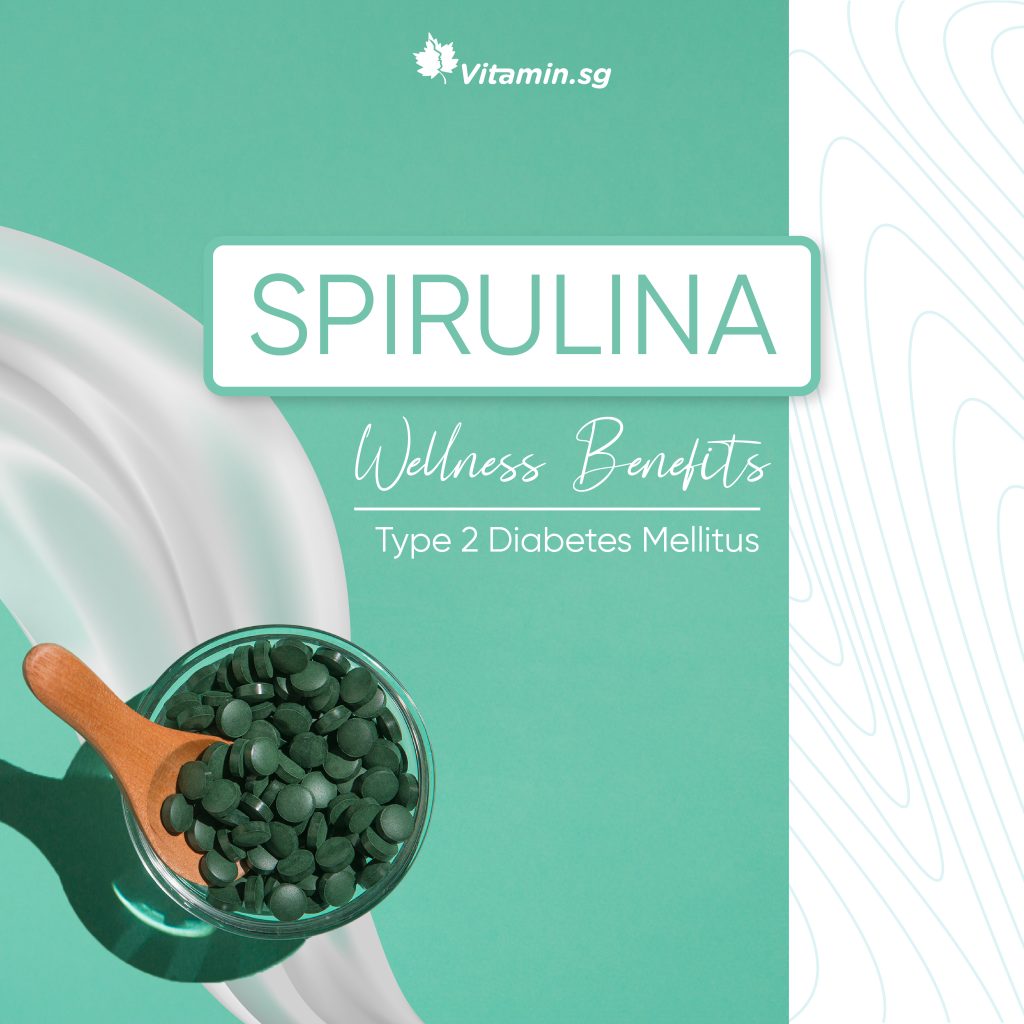Home / Health Blog / All You Need to Know About Vitamin E
Vitamin E is a fat-soluble vitamin that actually exists in eight different forms. Each form has its own unique function biologically, but the most active form of vitamin E is alpha-tocopherol. This vitamin is a powerful antioxidant. When shopping for vitamin E, be certain to get the natural form that is labeled with a “D”.Because vitamin E is an antioxidant, it is able to protect your body from free radicals that occur due to various reasons including pollution as well as eating unhealthy foods. Free radicals have been known to contribute to cancer as well as heart disease. Studies have shown that Vitamin E may be on form of prevention from these conditions.Vitamin E can be found in a wide variety of foods that we eat on a regular basis. In addition, there are various foods that are fortified with vitamin E. These are just a few of the foods that contain vitamin E:
The daily-recommended allowance for vitamin E in adults is 15 mg per day. Two surveys have indicated that most Americans do not receive an adequate amount of vitamin E in their diets. Additionally, because vitamin E is a fat-soluble vitamin, it is obtain through certain fats. Many people who are on low-fat diet may not be receiving adequate vitamin E as well and if you go to a low-fat diet, you are significantly reducing your vitamin E intake.Vitamin E deficiency is a rare occurrence. However, those who tend to suffer from vitamin E deficiency are those who cannot absorb dietary fat due to the inability to metabolize it properly. In addition, individuals who have rare genetic abnormalities may not be able to metabolize it as well. Premature babies with low birth weights are also at risk for vitamin E deficiency. People who are unable to absorb fat may also require a vitamin E supplement as well because dietary fat is required for the absorption of this fat-soluble vitamin.


